THE BEAUTY OF GODARD
Exploring the Cinematic Beauty of Jean-Luc Godard: A Journey Through His Films
You don't make a movie, the movie makes you.
Jean-Luc Godard
Jean-Luc Godard, the maverick of French New Wave cinema, stands as a beacon of artistic innovation and cinematic brilliance. His films, renowned for their unconventional narrative structures, bold visual style, and philosophical depth, offer a mesmerizing exploration of the human experience. In this essay, we delve into the beauty of Godard's work, referencing some of his most notable films to illuminate his genius.
One of the defining features of Godard's films is his distinctive visual aesthetic. Take, for example, "Breathless" (1960), his seminal work that revolutionized cinema. Shot on the streets of Paris with handheld cameras, Godard captures the raw energy and vitality of urban life.


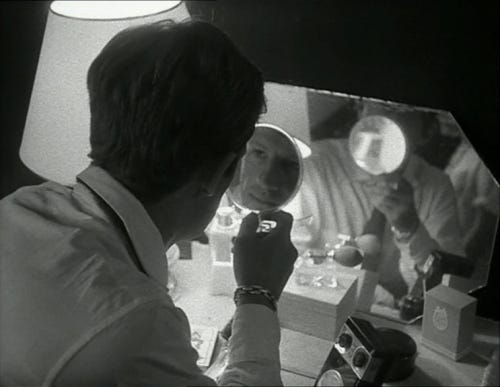
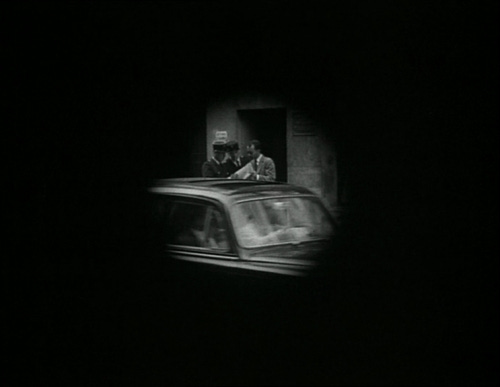
The jump cuts and spontaneous improvisation imbue the film with a sense of immediacy, drawing viewers into the turbulent world of its characters. Through his innovative use of cinematography, Godard invites us to see the world through a new lens, challenging conventional notions of storytelling and visual composition.
In addition to his visual flair, Godard is also celebrated for his intellectual depth and philosophical musings. "Contempt" (1963), a poignant exploration of love, art, and human relationships, exemplifies his philosophical sensibilities.



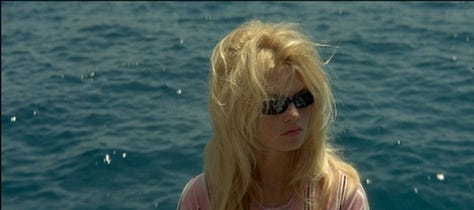


Set against the backdrop of the Italian film industry, the film follows the disintegration of a marriage, serving as a meditation on the nature of desire and the complexities of human emotion. Godard's dialogue crackles with wit and insight, offering profound reflections on the human condition. His characters grapple with existential questions, their inner turmoil laid bare for the audience to ponder. Through his thought-provoking narratives, Godard challenges us to confront the fundamental truths of existence, prompting introspection and reflection.
Furthermore, Godard's films are characterized by their innovative narrative structures and playful experimentation with form. "Weekend" (1967), a surreal odyssey through a chaotic and absurd world, showcases his penchant for narrative deconstruction.
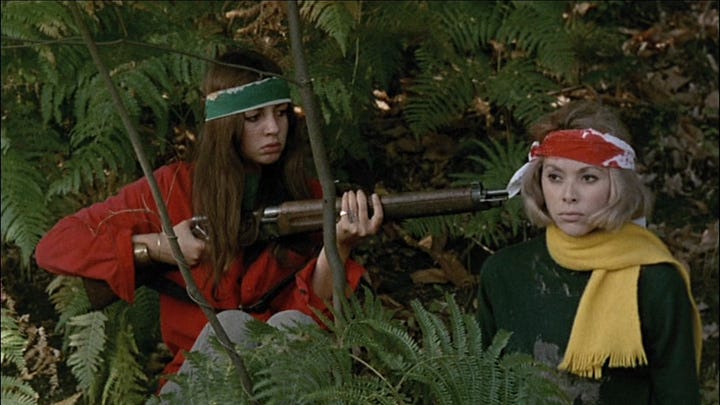



The film unfolds as a series of disjointed episodes, blending satire with surrealism to create a hallucinatory experience for the viewer. Godard subverts traditional storytelling conventions, disrupting linear narrative progression in favor of a fragmented, non-linear approach. In doing so, he pushes the boundaries of cinematic expression, inviting audiences to embrace the uncertainty and ambiguity of the narrative journey.
My aesthetic is that of the sniper on the roof.
Jean-Luc Godard
Beyond his technical prowess and intellectual rigour, the beauty of Godard's films lies in their ability to evoke profound emotional responses. "Pierrot le Fou" (1965), a tragicomic tale of love and disillusionment, resonates with a sense of poetic melancholy.
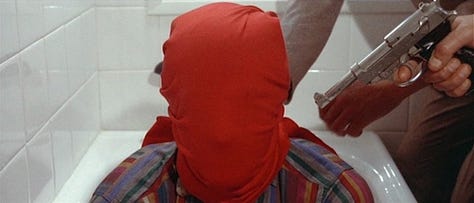

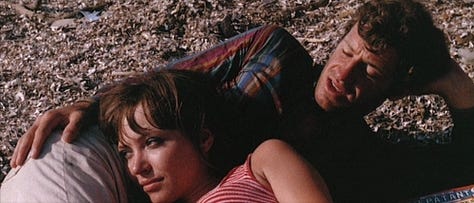

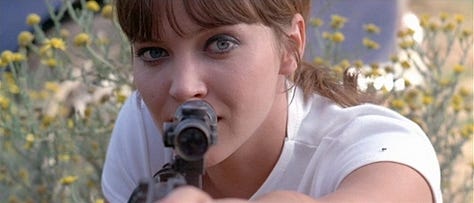

Godard's use of colour and composition imbues the film with a dreamlike quality, evoking a sense of nostalgia and longing. As the protagonist embarks on a journey of self-discovery, we are drawn into his inner world, experiencing the highs and lows of his emotional turmoil. Godard captures the fleeting beauty of human experience, reminding us of the fragility and transience of life itself.
In conclusion, the beauty of Jean-Luc Godard's films lies in their multifaceted exploration of the human condition. Through his innovative visual style, philosophical depth, and narrative experimentation, Godard challenges us to see the world anew, inviting us on a journey of discovery and self-reflection. His films are not merely entertainment but profound works of art that continue to inspire and captivate audiences around the world. In an age of cinematic conformity, Godard remains a bold and uncompromising voice, reminding us of the boundless possibilities of the medium.
Cinema is the most beautiful fraud in the world.
Jean-Luc Godard



